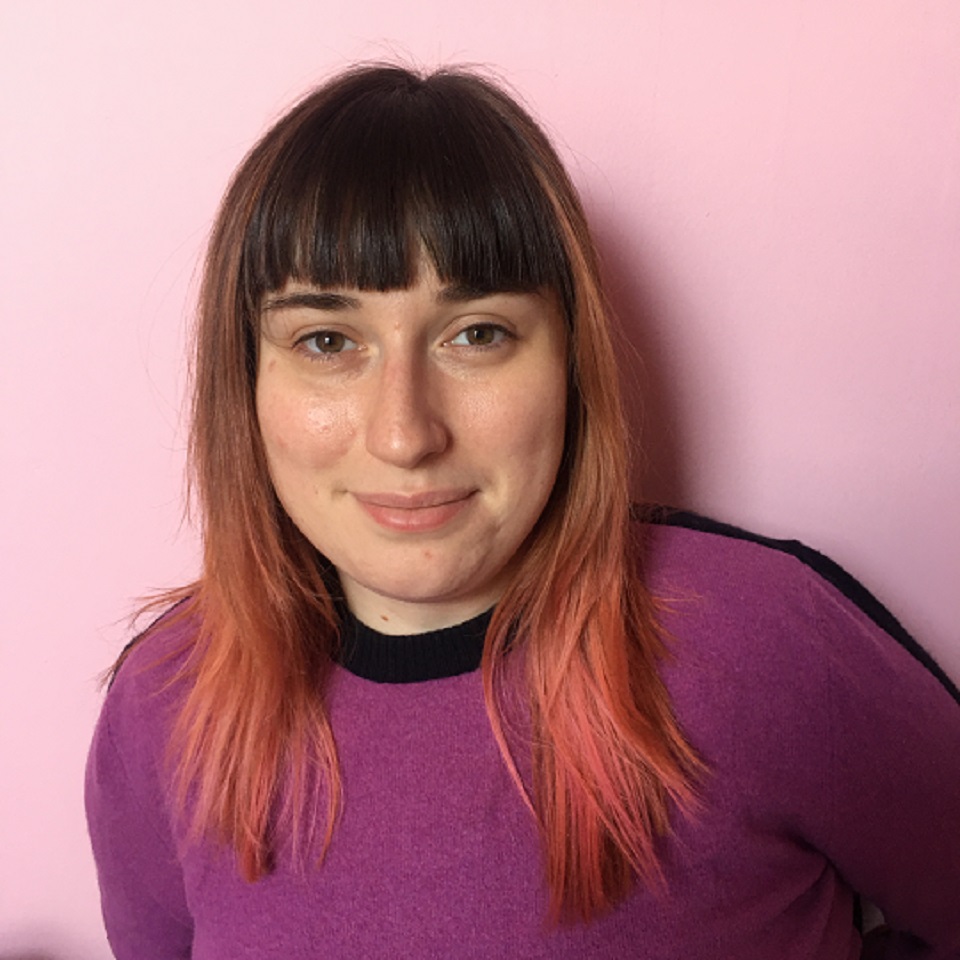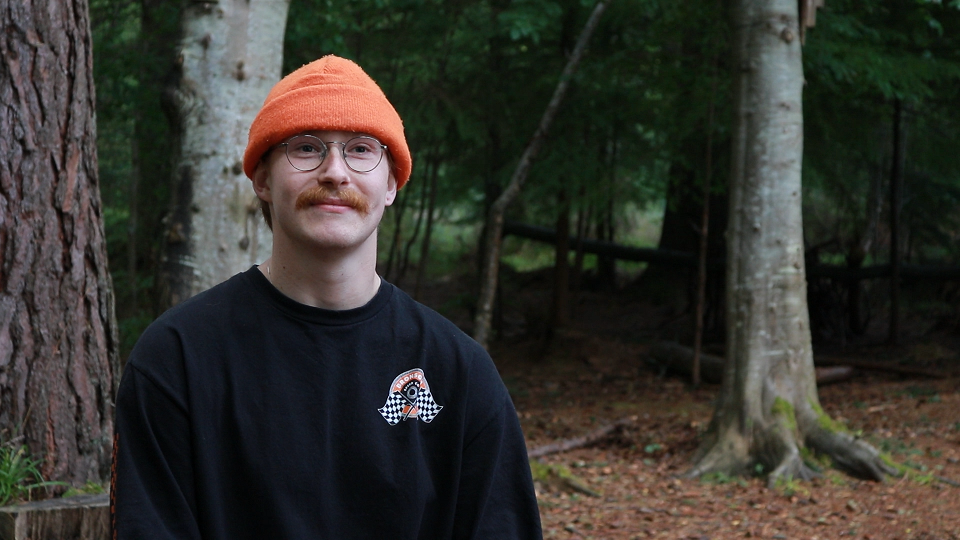
We are delighted to have awarded over £3m in funding to approximately 2,000 people through our Transition Fund in the past year.
Our Transition Fund is for disabled people aged between 16 and 25 and aims to help young people develop their independence, confidence and participation within their communities.
Applicants are eligible for grants which can be used to fund new activities and experiences that will improve their transition from childhood into adulthood.
While Covid-19 restrictions have heightened the potential for social isolation amongst young disabled people and prevented many from pursuing typical activities, such as learning to drive or joining a sports club, there have been some inventive applications to the Transition Fund.
Laura Glennie aged 26 from Glasgow, pictured above, has a developmental coordination condition, dyspraxia and dyslexia. Before lockdown her life was jam-packed with busyness working 9-5 with little time for socialising or volunteering. In 2020, Laura then aged 25 accessed ILF Scotland funding to break the cycle of being ‘always on,’ and make key life changes. She wanted to improve work-life balance and saw the funding support as creating that opportunity. She used funding to get an electric bike to help her get out and about, enjoy daily exercise and take steps to moving away from her 9-5 job. Laura has recently started working as a Deliveroo food delivery rider and is transitioning away from her day job to free up more time.
Laura says: “The bike has given me the confidence to stop the things I don’t like and make room for doing what I enjoy. I love that now I can just get up and go and have more opportunities than just sitting behind a laptop. With the e-bike, I can socialise and join my sporty friends and can even reach the top of a big hill! But the realisation of not having to work 9-5, for even a few months, has been huge for me. It's been something that I didn't really think was possible until I got the ILF Scotland support.”
Next, Laura wants to learn to drive a car and hopes to set up a group for other young people in the community so she can help people in similar circumstances pursue their goals.

Joe Eaglesham, aged 23, from Evanton in the Highlands has ADHD and dyslexia. He was living in Glasgow before losing his job at the start of the pandemic. On moving home, a family friend told him about the ILF Scotland Transition Fund and suggested he apply for funding support to help him pursue his dream of becoming a tree surgeon. Joe used his Transition Fund money to undertake training and get his qualifications in 2020, and he has just moved to Edinburgh for work.
Joe says: “For the first time in my life I don’t feel a sense of dread and wake up excited to go to work. I’m so happy to now have a legitimate career after many difficult years at school where I felt held back due to my ADHD and dyslexia. I wish I’d heard about ILF Scotland back then!”
ILF Scotland CEO, Peter Scott, said:
“COVID has put enormous pressure on people and services. We are fortunate to have been able to provide support to so many young disabled people, at a key life stage, even during this pandemic.
“We could not have anticipated how great demand would be for the Transition Fund over the past year. Despite restrictions and lockdowns, around 1,800 disabled 16-25-year olds turned to us for help to improve their lives. This shows how much this type of support is needed.
“Despite the extraordinary challenges faced, we’ve seen real creativity and inventiveness among applicants to the fund, which we hope will show other young people what can be achieved in difficult times.”
All young people aged between 16 and 25 living in Scotland with an impairment can apply for the Transition Fund. This includes people who have autism or learning difficulties, those who are physically disabled, as well as young people who have mental ill health and hearing or visual impairments. Those aged 15 are also eligible to apply, with successful applicants receiving their funds when they turn 16.